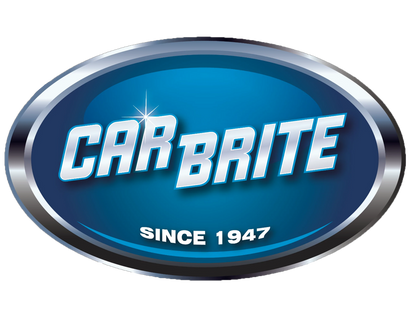Your Cart is Empty
Paint Gloss Enhancement & Stages of Paint Correction
MATERIALS LIST:
- Preferred buffer/polisher
- Safety Glasses
- Compounding Polish
- Microfiber Towels
- Wax Applicator Pad
- Detail Brushes

STEP #1: Polish the painted surface with a high-speed buffer and polishing pad. Follow the same buffing techniques used when compounding. The buffer can be run up to 2800 RPM depending on the hardness and the condition of the paint. Do a 2ft-by-2ft section, cross hatching and then assess your section for desired results. If you are unsure of what level to start with, it is a good idea is to start with the least invasive polisher first.

STEP #2: Remove polishing residue with a soft, clean microfiber cloth.

STEP #3: Sparingly apply a thin, even layer of Wax or Paint Sealant to the paint by hand with a clean, soft applicator pad

... or with a free spinning orbital polisher (which is excellent for ensuring application evenness).

STEP #4: Be sure to apply wax to clear coated wheels, as well.
PRO TIP: Porter Cable type polishers are good for the cut-out areas that you might normally do by hand.

STEP #5: Once the product has dried to a haze, remove the residue with a clean, soft microfiber cloth

Or you can use a handheld orbital polisher for this step as well.




